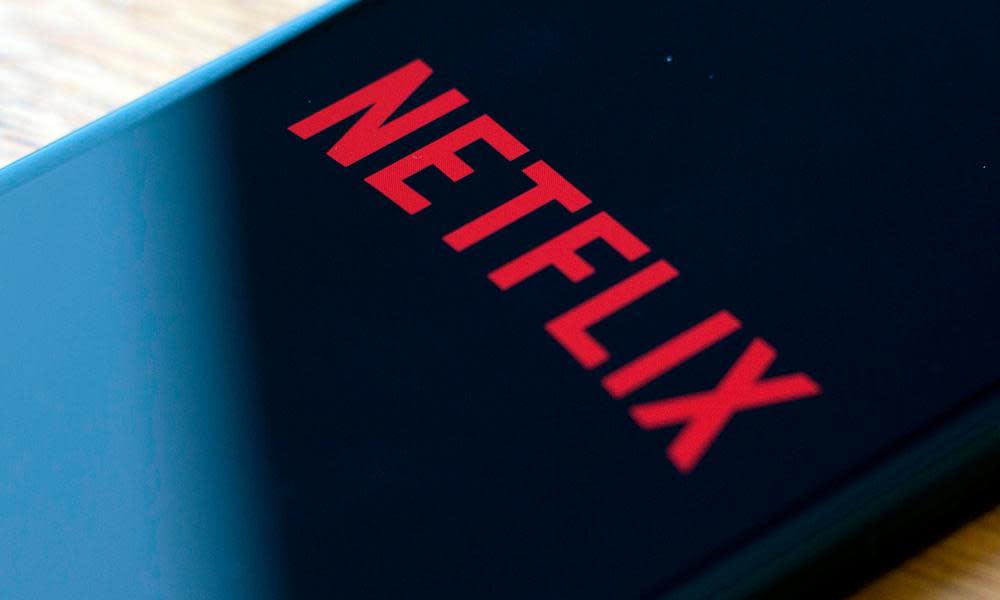Netflix is reducing streaming quality amid coronavirus. How will it affect viewing in Australia?

Netflix has agreed to reduce the data it uses to stream movies and TV shows across Australia as more and more people are working from home due to the coronavirus shutdown. But what will it mean for your viewing habits while you’re staying at home?
What is Netflix doing?
In Australia (but also New Zealand, Europe, India, Israel, Argentina and Chile) Netflix has agreed, for the next month, to reduce its traffic by 25% across its entire service, for ultra-high, high, or standard definition.
Why is Netflix doing this?
Mainly because internet service providers are concerned that video streaming, which accounts for a significant proportion of all internet traffic, will be up even more with everyone working from home.
At the moment it is largely a proactive move. In Australia, there hasn’t been a huge increase in capacity requirements – one ISP, Aussie Broadband, makes public its capacity use and the company has seen a small uptick in daily usage but has also ordered more capacity in order to meet that.
And in any case, NBN Co has offered internet service providers a 40% increase in capacity allowance for free for the next three months, which should help ease some of the capacity concerns.
Related: Australian government asks Netflix and Stan to reduce data to avoid broadband overload
What will it mean for my video quality?
Netflix sends out multiple quality bit streams for each stage of video quality (SD, HD, UHD) for each title and in this they are removing the highest bandwidth stream.
“If you are particularly tuned into video quality you may notice a very slight decrease in quality within each resolution. But you will still get the video quality you paid for,” Netflix’s vice-president of content delivery Ken Florance said.
Is this the fault of the multi-technology mix NBN policy?
While your individual connection’s ability to stream Netflix at high quality while also working from home will vary depending on the technology you’re connecting to the NBN with (and it will most struggle on fixed wireless or satellite), this is more of a network-wide issue.
The technology – be it fibre-to-the-premises, fibre-to-the-node, cable, wireless or satellite – you connect to the NBN with is what is called the “last mile”, and much of the congestion Netflix and the ISPs are trying to avoid will be further up the line. That part of the network is the same no matter which technology type you connect with.
ISPs try to cope with some of this congestion by “peering” which means hosting the content as close to you as possible, meaning it has less distance to travel. Netflix partners with ISPs across the world to make this possible.
Netflix is also doing this data reduction in a number of other countries (including New Zealand, which has majority fibre-to-the-premises) so it is overly simplistic to entirely blame the NBN, but the quality of your personal video stream will obviously still ultimately depend on what technology you connect to the NBN.
Related: As cinemas go dark, the film industry may go straight to Netflix
Why Netflix? Why not Foxtel?
When we broke the news that the federal government had asked Netflix, among others, to consider doing this, Netflix was not the only company asked.
A spokesman for Foxtel said the company was working with the government on this, but that most of its customers were still on set top boxes, not the internet streaming service.
“We are working with government and will make any changes necessary to support the national effort. That said, much of Foxtel’s broadcast service operates independent of the internet using satellite and customers with an HD subscription will be able to continue enjoying uninterrupted HD and Ultra HD broadcasts regardless of any decisions.”
A spokesman for Stan also told Guardian Australia it was working with the government on this.
“Stan is engaged with the government and NBN Co to ensure that our content is delivered to consumers with the most efficient use of bandwidth while continuing to deliver the quality levels that are consistent with each of our plans,” he said.
Netflix has just moved first because it did so elsewhere in the world first and has technology in place to do this quickly.

 Yahoo News
Yahoo News 
